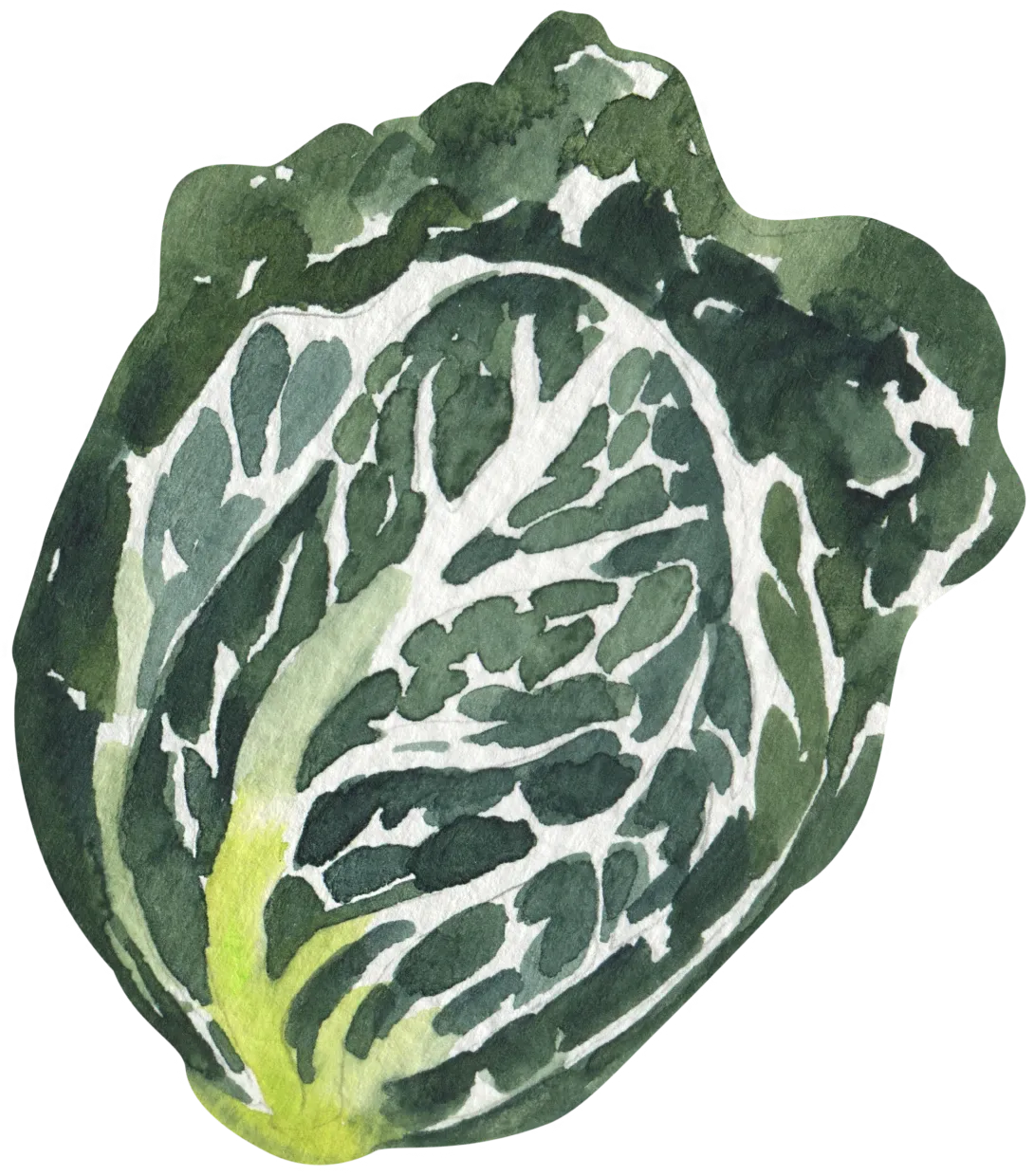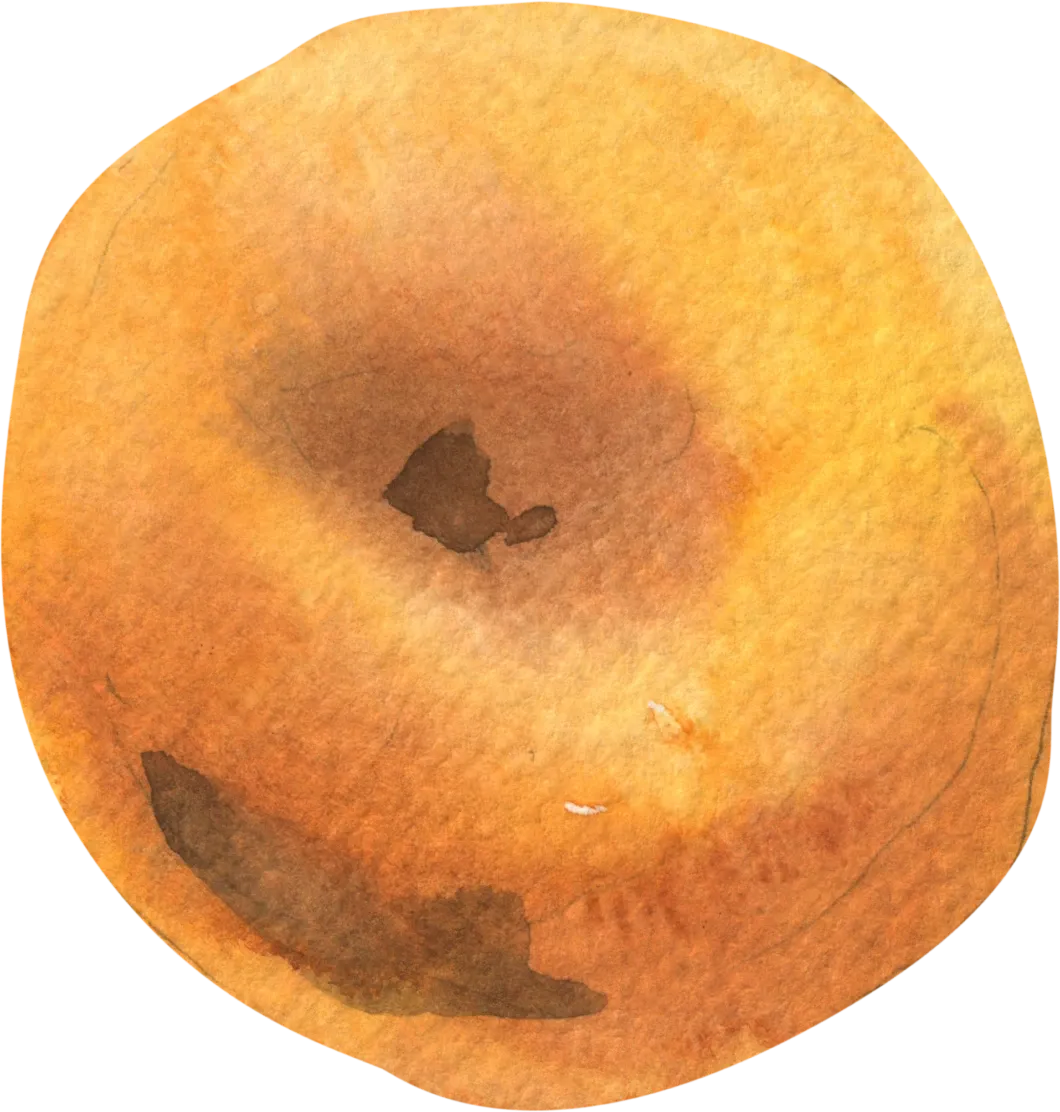The Nutritional Benefits of Cabbage: A Cruciferous Superfood
Introduction
Cabbage is a versatile, budget-friendly vegetable that often goes underappreciated. This leafy green is packed with essential nutrients, including vitamins, minerals, and antioxidants, making it a powerful addition to a healthy diet. Whether you’re enjoying it raw in coleslaw, fermented in sauerkraut, or sautéed as a side dish, cabbage provides numerous health benefits that promote overall wellness.
In this blog, we’ll explore the nutritional benefits of cabbage, its role in supporting health, and creative ways to incorporate it into your meals.
Health Benefits of Cabbage
- Supports Immune Function
Cabbage is high in vitamin C, which plays a crucial role in boosting the immune system and protecting the body from illness.
- Promotes Heart Health
The fiber, potassium, and antioxidants in cabbage help regulate blood pressure and cholesterol, supporting heart health and reducing the risk of heart disease.
- Improves Digestion
Cabbage is rich in fiber, which supports a healthy digestive system by promoting regular bowel movements and feeding beneficial gut bacteria.
- Anti-Inflammatory Properties
Cabbage contains antioxidants like sulforaphane, which help reduce inflammation and may protect against chronic diseases such as cancer.
- Aids in Weight Management
Low in calories but high in fiber, cabbage is an excellent food choice for those looking to manage their weight while staying full and satisfied.
Different Varieties of Cabbage
- Green Cabbage: The most common variety, often used in coleslaws and soups.
- Red Cabbage: Known for its vibrant purple color, this type of cabbage is rich in antioxidants and adds a pop of color to salads.
- Savoy Cabbage: With crinkled leaves and a milder flavor, Savoy cabbage is great for salads or sautéing.
- Napa Cabbage: A staple in Asian cuisine, this variety is often used in stir-fries and kimchi.
Creative Ways to Enjoy Cabbage
- Raw in Salads or Slaws: Shredded cabbage adds crunch and nutrition to any salad or coleslaw.
- Fermented: Try making sauerkraut or kimchi for a probiotic-rich addition to meals.
- Sautéed: Sauté cabbage with garlic and olive oil for a simple, delicious side dish.
- In Soups or Stews: Cabbage holds up well in soups, adding flavor and texture to heartier dishes.
Conclusion
Cabbage is a nutrient-dense vegetable that can enhance your health in numerous ways. From promoting heart health to aiding digestion and supporting immune function, cabbage is a must-have in any balanced diet. Whether eaten raw, sautéed, or fermented, this versatile vegetable is an easy addition to your meals.
FAQs About Cabbage
- Is cabbage good for weight loss?
Yes, cabbage is low in calories and high in fiber, making it a great option for weight loss and maintaining a healthy diet.
- What’s the best way to store cabbage?
Store cabbage in the refrigerator in a plastic bag for up to two weeks. Once cut, wrap it tightly to preserve freshness.
- Does cabbage lose nutrients when cooked?
Cabbage retains most of its nutrients when cooked, although some vitamin C may be reduced. Steaming or sautéing is a good way to preserve its health benefits.
- Can you eat cabbage raw?
Yes, cabbage can be eaten raw in salads or slaws, providing a crunchy texture and retaining its full nutrient content.
- Is cabbage AIP diet compliant?
Yes, cabbage is compliant with the AIP diet and can be consumed by those following an autoimmune protocol.
- Is cabbage Low-FODMAP?
No, cabbage is not Low-FODMAP and can cause digestive issues for individuals sensitive to FODMAPs.
- Is cabbage Low Histamine?
Yes, cabbage is generally low in histamine and is well-tolerated by people with histamine intolerance.
- Is cabbage Keto-friendly?
Yes, cabbage is keto-friendly, with only 6g of carbs per 100g serving, making it an excellent low-carb vegetable option.
Recipes
Check out our meal planning service by following these recipes:









